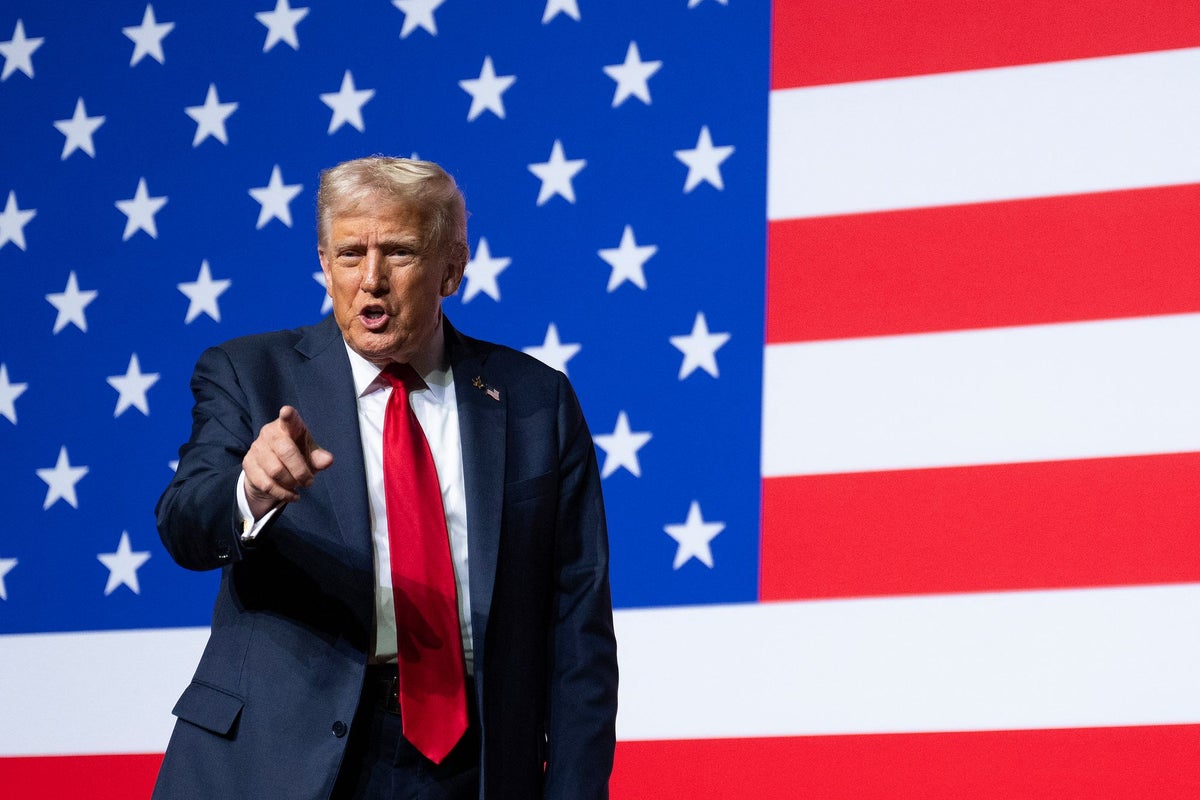A peace deal in Gaza is agonisingly close. First Hamas indicated it was likely to say no, then it said yes. But what it said yes to had caveats – and did not sound the same as the deal to which Benjamin Netanyahu, the Israeli prime minister, had agreed.
As Bel Trew, The Independent’s chief international correspondent, writes, “so far, neither Netanyahu nor Hamas has agreed to every specific point in the plan”. Instead, she says, “both have publicly declared their own interpretations of the proposal and vowed to support that”.
What does seem to be common ground, however, is that both sides have agreed to a ceasefire and that Hamas has agreed to release the few remaining living hostages, which are the most important things. The rest can be negotiated further.
The parties to the peace plan are therefore in a grey zone that will be familiar to Sir Tony Blair, one of its authors. He was able to secure agreement between unionists and republicans in Northern Ireland in 1998 through “constructive ambiguity”. It is to be sincerely hoped that a similar effort to ensure words mean what people want them to mean will succeed here.
We find ourselves in the unexpected position of welcoming the efforts of two most unlikely peacemakers. Donald Trump has made no secret of his ambition to win the Nobel Peace Prize. He claims to have ended seven wars already, but if he can bring peace to an eighth, in Gaza, he could deserve it.
He may have left it late for this year’s prize, which will be announced on Friday, but for which nominations closed on 31 January, just 11 days after his inauguration for his second term as president of the United States. The Nobel committee, a five-strong body appointed by the Norwegian parliament, is in any case said to be cautious about awarding the prize until such time has passed that confirms the sustainability of the peace in question.
Perhaps next year, then. If there is peace in Gaza, and if it is sustained, it will be worth it, whatever the uncomfortable ambiguity that has to be tolerated and whatever the blustery egomania that has to be humoured.
The other potential peace maker is Sir Tony Blair. He has his detractors, because of the disaster of the Iraq war, but again, if he can contribute to an end to the bloodshed in Gaza and a beginning to a better future for the Palestinian population there and in the West Bank then his contribution too should be welcomed.
We have been pessimistic about the prospect of an early end to this one-sided, counterproductive war because it seemed that Mr Netanyahu had calculated that the only way by which he could cling to power was to prolong it.
But if Mr Trump’s desperation for the place in history afforded by the Nobel prize and Sir Tony Blair’s drafting of the 20-point plan have persuaded the Israeli prime minister that his interest is now best served by peace, that is a prize beyond price.
Whatever happens over the next few days, the durability of any ceasefire will be uncertain. The end point of any peace deal will remain disputed, shrouded in ambiguity and apparently irreconcilable differences.
But we welcome the most promising hope of peace, as the war approaches its second anniversary, that we have seen so far.


